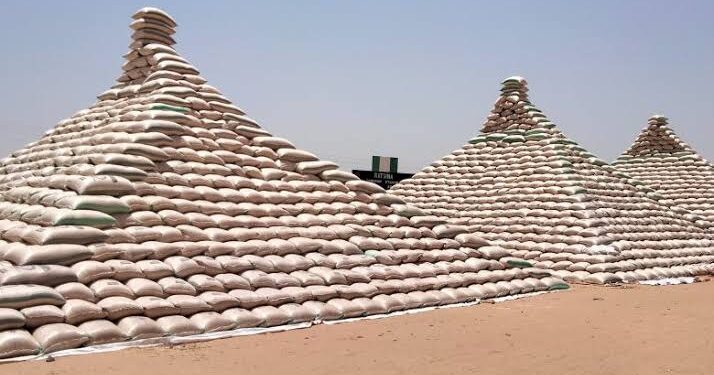Commodities
India’s Rice Export Ban Triggers Global Food Market Jitters; Prices Poised to Soar Amidst Multiple Challenges”

Following India’s decision to impose a ban on a significant portion of rice exports, the price of rice is expected to surge globally as unfavorable weather conditions and geopolitical tensions, including the conflict in Ukraine are expected to bolster the commodity price.
“In the short term, the price is definitely going up, it’s just a question of how high up it will go,” warned Chookiat Ophaswongse, the president of the Thai Rice Exporters Association. “And it will be a spike, it’s not going to be increasing incrementally.”
Rice, a dietary staple for billions in Asia and Africa, holds immense significance, and a substantial increase in its prices would escalate inflationary pressures and lead to higher import costs for buyers.
India’s restriction, targeting shipments of non-basmati white rice, aims to curb domestic prices, but its implications have far-reaching consequences.
This latest measure by India comes amid mounting concerns over the potential impact of the El Niño weather pattern, extreme temperatures in Europe, and Russian attacks on Ukrainian export facilities, collectively casting a shadow of uncertainty over global food supplies.
“India’s export ban needs to be seen in the light of this ominous setting,” expressed Peter Timmer, Professor Emeritus at Harvard University, a renowned expert in food security matters. “There is considerably more reason for concern now that rice prices in Asia could spiral out of control pretty quickly.”
Vietnam, another major rice exporter, is already quoting supplies at $600 a ton for 5% white rice, signaling that Thailand, too, may follow suit. Chookiat confirmed in an interview that such a move would elevate Thai rice prices to their highest levels since 2012, further complicating the situation, especially when compared to the current level of $534 a ton, which is already near a two-year peak.
As the cost of rice, along with gains in wheat, corn, and other agricultural commodities, continues to surge this month, global food costs seem poised for a much-awaited rebound after a prolonged period of decline.
The UN’s World Food Price Index saw its lowest levels since April 2021 in June, but the recent developments have raised concerns about the potential reversal of this downward trend.